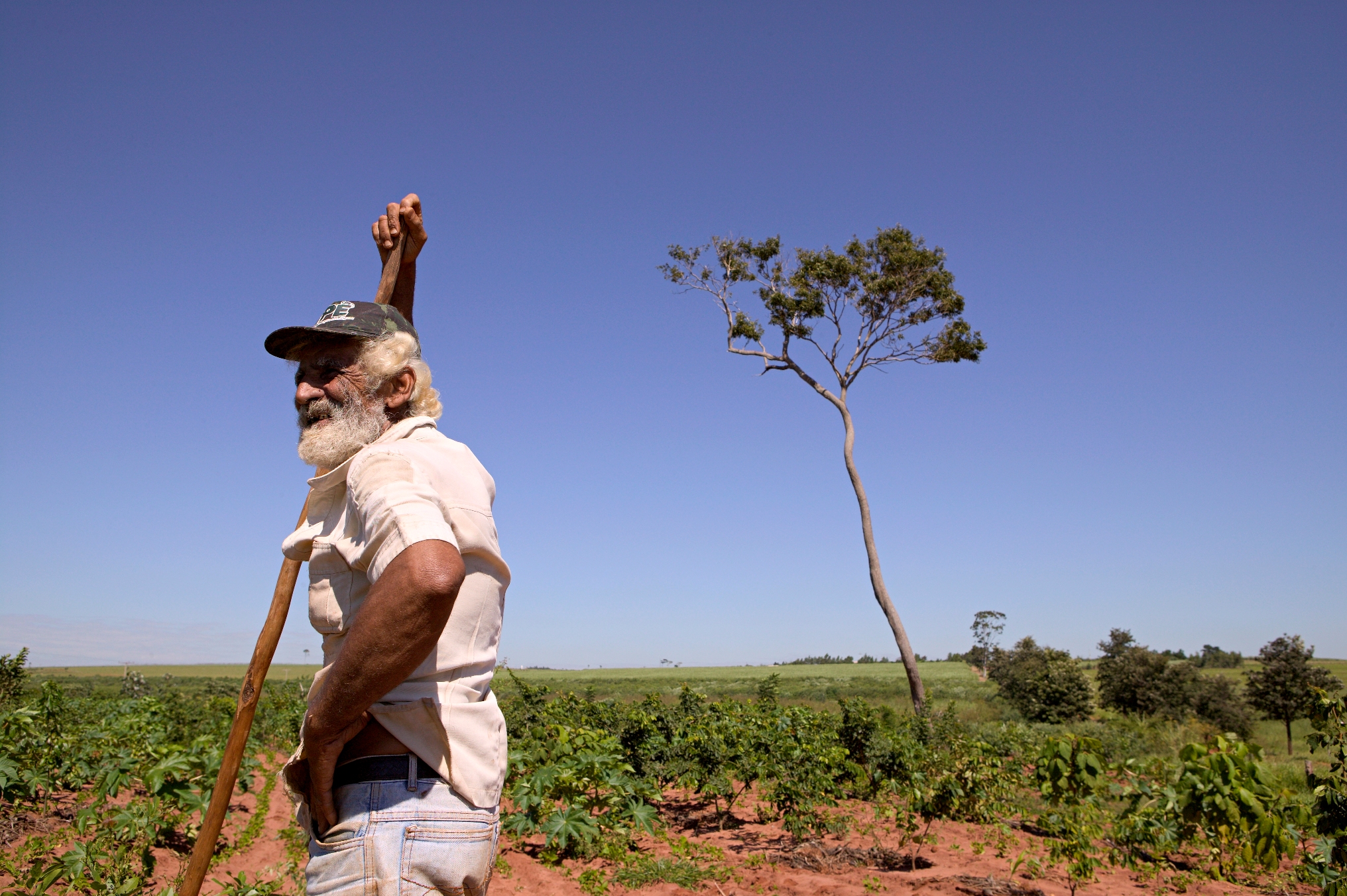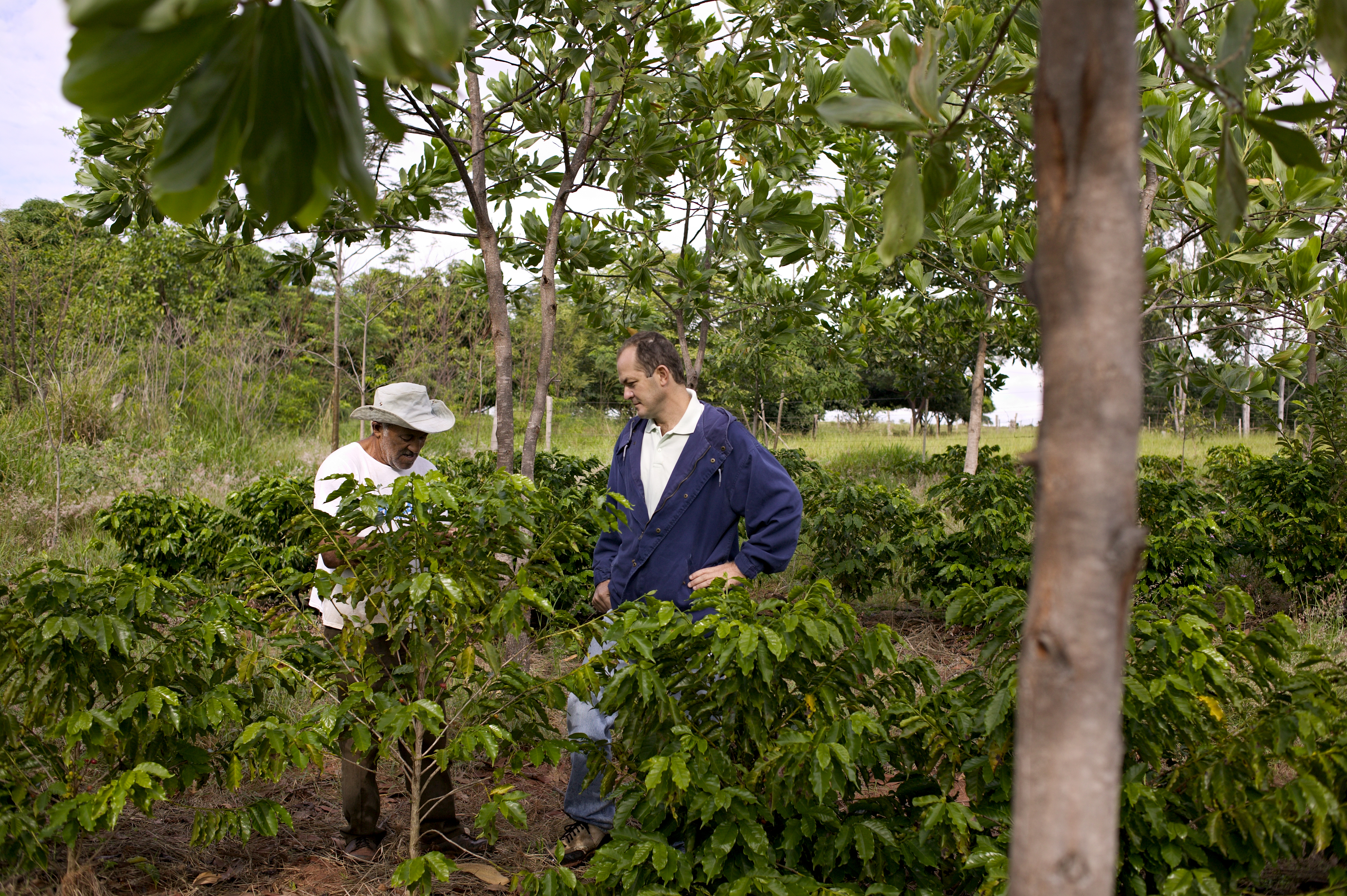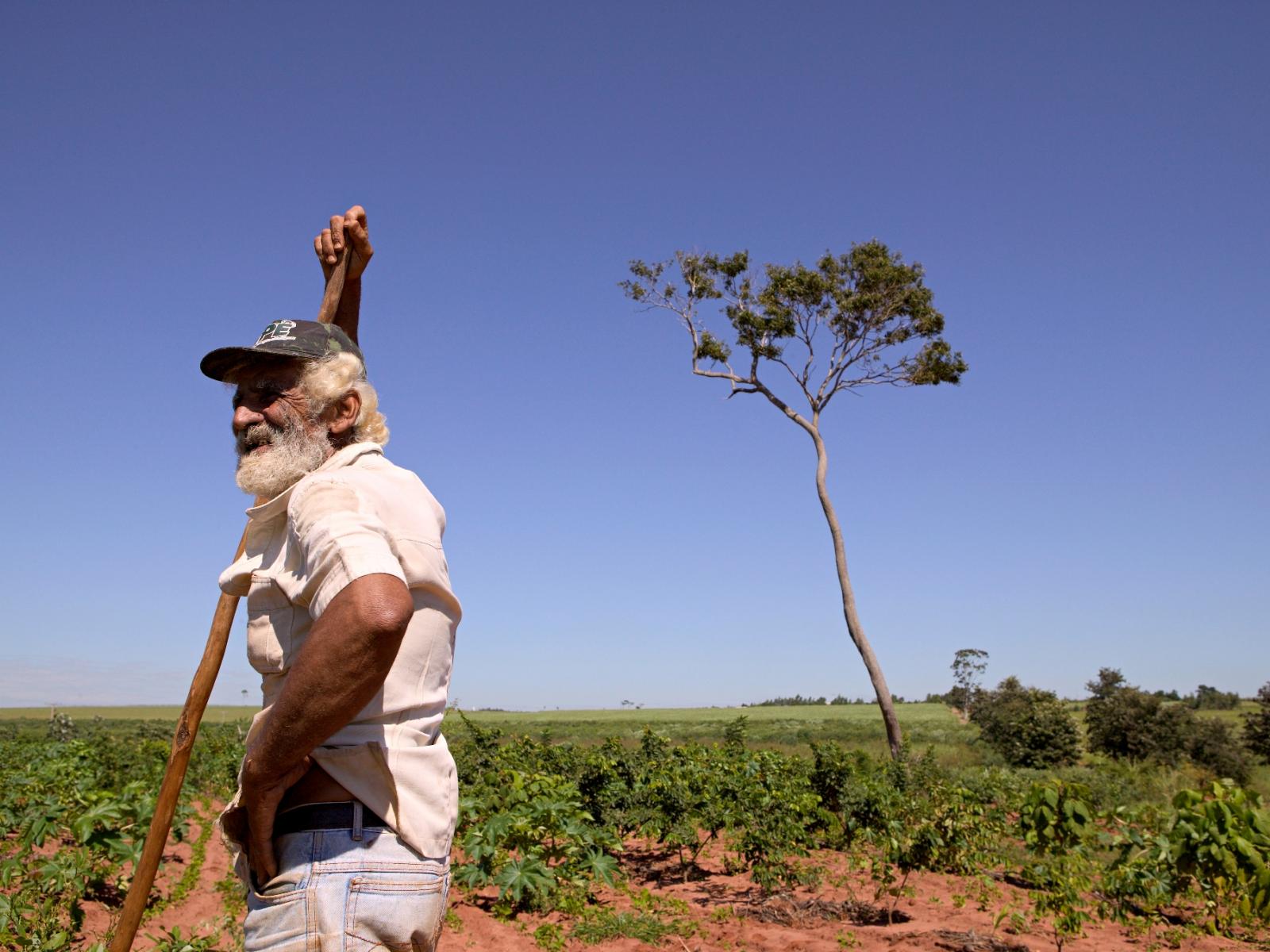An Overview Of Our Solution
- Population Impacted:
- Continent: South America
Organization type
Population impacted
Size of agricultural area
Production quantity
People employed
Describe your solution
Describe your implementation
External connections
What is the environmental or ecological challenge you are targeting with your solution?
Describe the context in which you are operating
Settlers in the Pontal hail from other parts of Brazil and are often of urban origin, so their general agricultural knowledge and specific awareness of the constraints of production are limited. IPÊ began in the late 1990s to provide capacity building for agroforestry at a pilot scale (e.g., 30 families were involved in shaded coffee trials) and corridor establishment in settlement-level reserved areas (230 ha). These activities will continue in the baseline but will be at a small scale and not over a large enough portion of the landscape to allow effective connectivity. The scale of action in the baseline is as yet insufficient to significantly increase income and habitat connectivity at the landscape level and as such would not achieve conservation of globally significant biodiversity. Baseline activities constitute an initial response to the root causes and threats to biodiversity conservation. Through the proposed actions, their effectiveness would be consolidated, ensuring potential for replication on a broad scale in similarly threatened landscapes. IPÊ’s engagement in the region over the past 20 years ensures continuity in relationships with principal private sector stakeholders, avoiding policy changes and interruptions provoked by electoral processes, but ensuring that links with public action are maintained.
How did you impact natural resource use and greenhouse gas emissions?
Language(s)
Social/Community
Water
Food Security/Nutrition
Economic/Sustainable Development
Climate
Sustainability
The project is designed to accomplish its capital intensive activities required to protect forest fragments and generate additional income for the community. Application of credit and environmental service financing will reinforce the continuing availability of sources to build on the project experience. Financial sustainability of these efforts in the period beyond support will thus depend only in part on IPÊ’s continuing success in mobilizing sources to this task. The most important condition for sustainability of the measures proposed is the profitability of alternative production systems and markets based on AFS and shade coffee in the llandscape. These potentials will be thoroughly explored by IPÊ’s Business Unit.
Return on investment
Entrant Image

Entrant Banner Image

